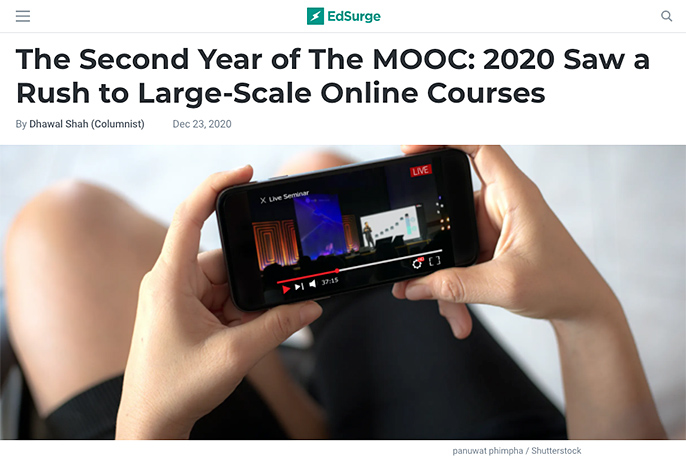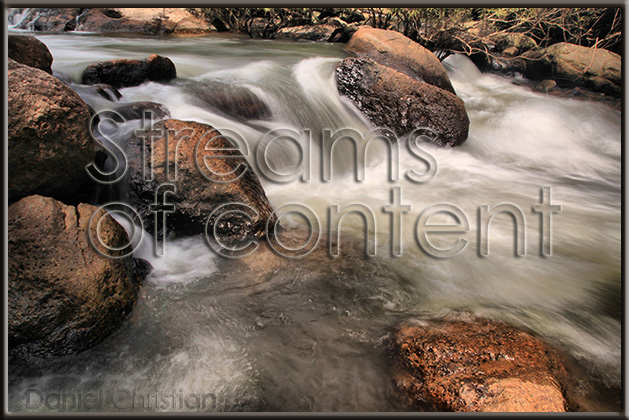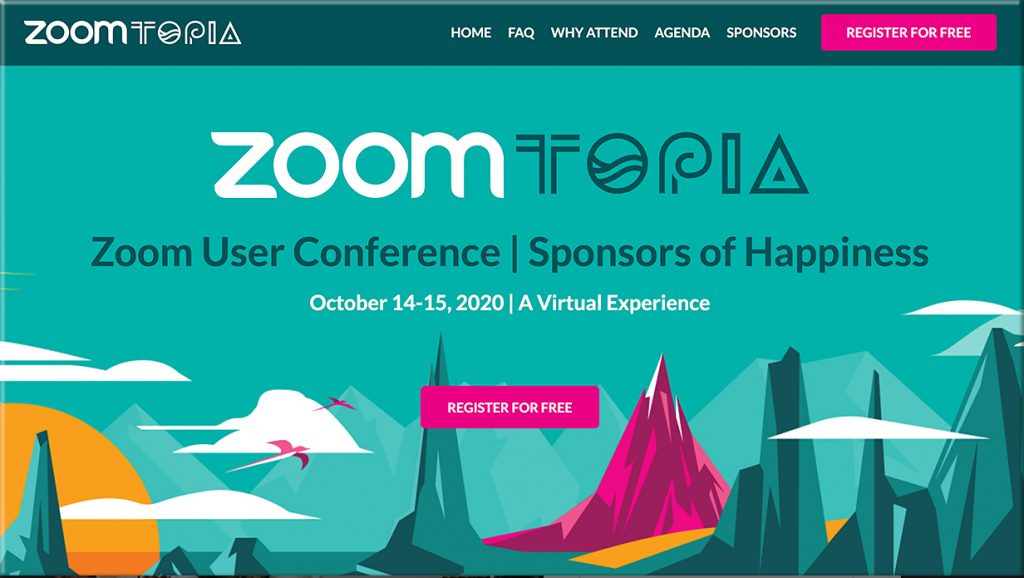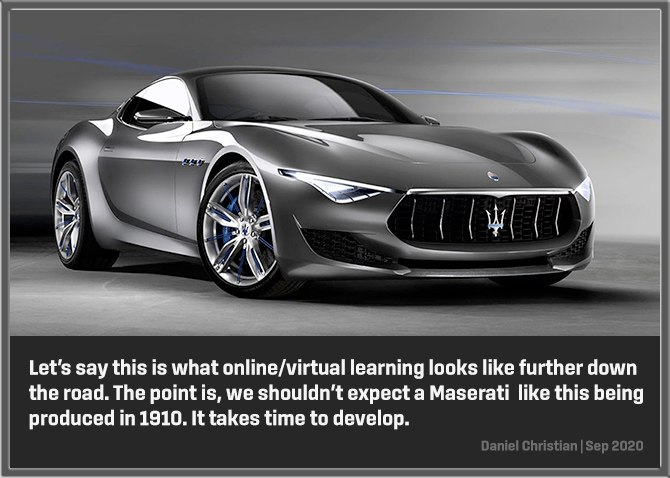AI in the Legal Industry: 3 Impacts and 3 Obstacles — from exigent-group.com
Excerpt:
In this article, we’ll talk about three current impacts AI has had on the legal industry as well as three obstacles it needs to overcome before we see widespread adoption.
Consider JPMorgan’s Contract Intelligence (COIN) software. Rather than rely on lawyers to pour over their commercial loan contracts, the banking giant now uses COIN to review these documents for risk, accuracy and eligibility. Not only does this save JPMorgan 360,000 hours per year in contract review, it also results in fewer errors. One can also look to major law firms like DLA Piper, which now regularly rely on AI for M&A due diligence. At Exigent, we’ve had first-hand experience using AI to support document analysis for our clients as well.
2. Legal departments need to build cross-functional expertise
…bringing greater diversity into the legal department is essential if the efficiencies promised by AI in the legal industry are to be realized.
Fortunately, some legal departments have begun to bring data scientists on board in addition to lawyers. And the industry is beginning to open up to hybrid roles, like legal technologists, legal knowledge engineers, legal analysts and other cross-functional experts. It’s clear that a greater diversity of skills are in the legal department’s future; it’s just a matter of how smoothly the transition goes.










![The Year TV Leaped Into The Future [Roettgers]](http://danielschristian.com/learning-ecosystems/wp-content/uploads/2020/12/BigTrendsStreaming-2020-Janko-Roettgers.jpg)








